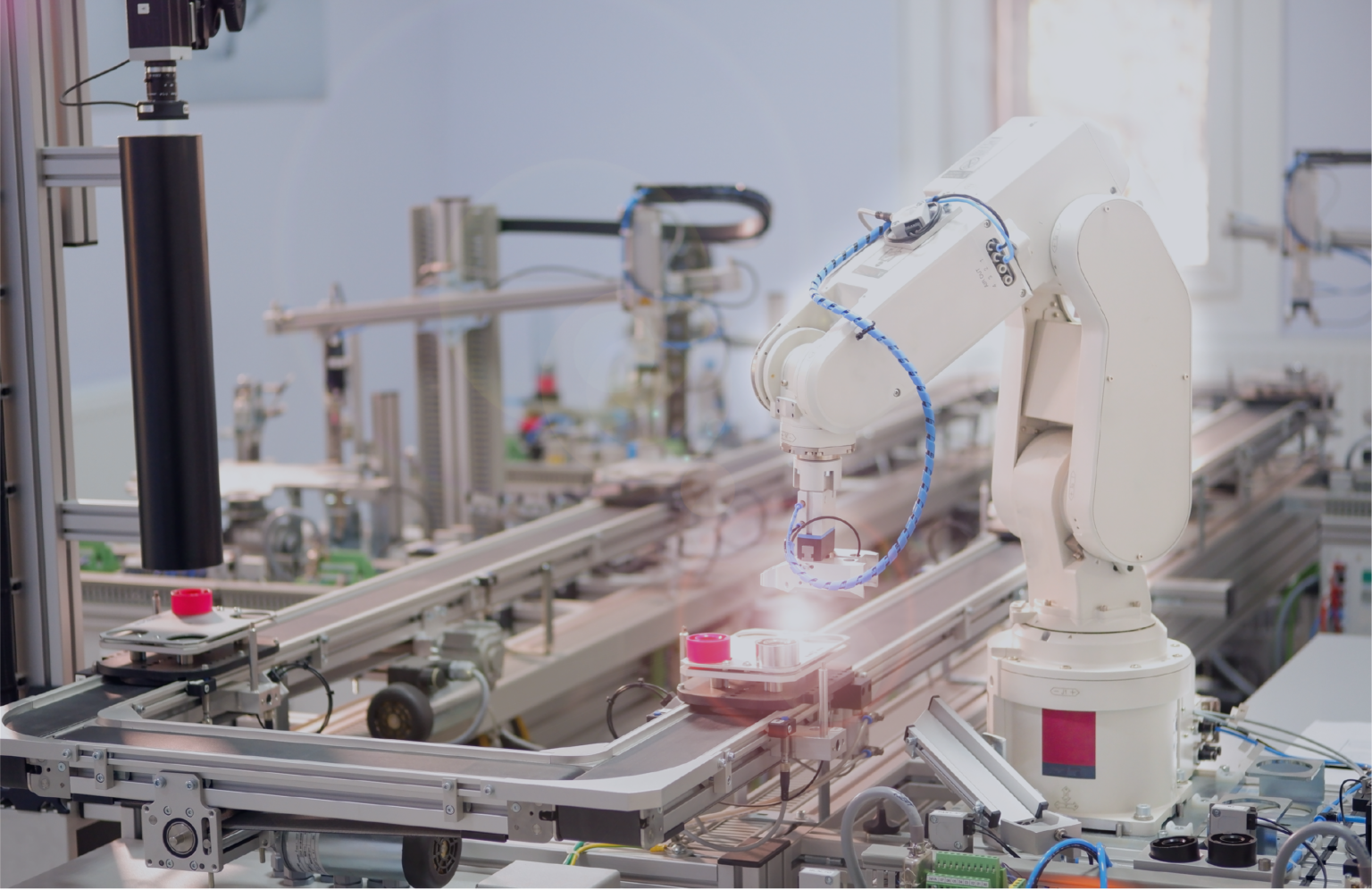
Every CVC agrees that the most exciting thing about the job is the new technologies they come across. Investing in up and coming companies, technologies, founders and entrepreneurs is how CVCs make a difference – to their parent company, to the bottom line, and, of course, to the world at large.
The 2024 GCV Symposium in London is once again bringing an exciting cohort of startups to showcase, speak and present to the community of corporate venturers and innovators.
If you’re attending the Symposium today or tomorrow, you will be able to meet and find out more about these companies. And if you’re missing out, here is a complete guide to all the startups.
Spacetech
A number of spacetech startups have sprung up in the UK and wider Europe over the past few years, as the SpaceX effect has seen costs fall and demonstrated how privately held companies can speed up space development. And it’s not just rockets, space technology is impacting everything from robotics to solar energy.
On day one of the Symposium, 25 June, space sustainability is on the agenda with UK-based Space Villages exhibiting its technology. The company is developing robots that can repair satellites in space. Sustainable space outfit Stars Edge will also be showcasing its electrical thruster technology.
On day two, London-based Space Power, which is developing supplementary power sources for satellites, will be exhibiting, as well as Astron Systems, which develops reusable rockets.
Sustainability
Sustainability is a staple ingredient in the startup world, and it’s something corporates are keen to invest in, with many net zero targets fast approaching.
With so many aspects to industry and consumption, the world of sustainability tech is wide and far reaching, and the startups showcasing at the GCV Symposium reflect that scope.
Tackling the ever present issue of packaging, Kelpi, exhibiting at the GCV Symposium on day one, has created a real alternative to fossil-fuel plastics – a bioplastic coating that is made using seaweed. FlexSea is another startup that uses seaweed to create a bioplastic packaging solution that degrades within a matter of weeks. Catch FlexSea on the main stage at 9.40am on day two when the CEO will be talking about leveraging the power of strategic investors.
The CEO from Uncaged Innovations, a company creating a sustainable and cruelty free replacement for animal leather, is speaking on the main stage at 14.50 on day one, as part of a panel discussion about CVC impact on early-stage companies.
Waste and recycling is also represented among the startups showcasing on day one, with FibeRight, a company solving the problem of unrecyclable waste, and Oxi-tech Solutions, which has developed a method of water sanitation that avoids the use of harsh chemicals.
If you’re attending day one, make sure to attend the energy roundtable discussion in Thames 2 at 16.40, which will include contributions from startups Cetogenix, a New Zealand-based startup focused on using hydrothermal oxidation to transform waste into useful products, and Tau Group, which produces a sustainable magnet wire for electrification.
Sustainable energy is another big theme among this year’s showing. Other startups exhibiting on day one include Wild Hydrogen, which is developing carbon negative hydrogen production, and Phelas, which has developed an effective electricity storage system for wind and solar – making it easier to power your home when it’s not sunny or windy.
Day two brings another strong showing of startups exhibiting in sustainable energy, with Anionix, which develops green hydrogen electrolysers; GT Wings, which has developed an innovative wind propulsion system for the commercial shipping industry; and GridEdge, which has created technology that produces digital twins of buildings that can be used to transform energy efficiency.
Quantum and fusion
Several quantum computing startups will be joining us at the GCV symposium this year. Oxford Quantum Solutions, which brings quantum computing to a wider user base by developing quantum solutions for businesses, will be speaking at the energy roundtable in Thames 2 at 16.40 on day one.
On the fusion side, Tokomak Energy, a company developing an affordable fusion solution that creates less pollution, will be showcasing on the main stage at 11.20 on day one.
We have two quantum/fusion startups speaking as part of the deep tech portfolio showcase at 10.35 on day two of the conference. Oxford Ionics is launching a new age of computing by developing processors that use a patented system to immeasurably improve the scalability and reliability of quantum computing. First Light Fusion has a new approach to inertial fusion that is simpler, more energy efficient and has a lower physics risk. Its method will allow fusion technology to scale.
Healthcare
The developments happening in healthcare technology are always exciting to see, and we have three healthtechs appearing at the Symposium. Exhibiting on day one is POM Health, which has created a medical grade hormone monitor that can make precise and personalised healthcare recommendations. It’s almost like a constant glucose monitor for type 1 diabetics but for everyone. Imagine how this could transform everyday health for the masses.
Appearing on the main stage on day two is Feel, a nutritional supplement made with no additives. The CEO of Feel will be talking about how to harness the power of strategic investors.
With a wide range of use cases (one of which being the field of healthcare), Oxfordshire based Living Optics is an imaging technology that can produce images beyond what the human eye can see. As well as in healthcare, its hyperspectral imaging has use cases in agriculture, remote sensing and more. See the CEO of Living Optics speak on the main stage at 10.35 on day two as part of the deep tech showcase.
And the rest
The breadth and scope of technology showcasing and featuring at this year’s Symposium is as wide ranging as you might expect, so there are some that don’t fit neatly into the above categories.
If mobility tech is your thing, don’t miss the mobility roundtable in Thames 2 at 15.40 on day one. Contributing to the discussion will be Lambda4, a German company that has developed algorithms that use bluetooth to assess distance measurements. Applications include smartlocks, smart lights and autotech.
Also featured in the mobility roundtable will be Transport Design International (TDI), a UK-based company that makes lightweight vehicles with zero emissions batteries.
On the main stage on day one at 14.50, the CEOs from Verax AI and ChipFlow will speak about the impact CVCs can have on early stage companies. Verax AI provides a trust solution software that enables enterprises to use generative AI while maintaining correctness and compliance. ChipFlow manufactures custom-made integrated circuits that enables product companies to create their own chips.
Completing the list of startups exhibiting on day one is TherMap Solutions, which uses a proprietary data acquisition system (thermoreflectance) to analyse heat management for semiconductors materials and their packaging, and AI Dizital, an affordable blockchain solution that can be used for enterprise.
And finally, exhibiting on day two is cybersecurity software developer Securium, which is focused on safeguarding vulnerable individuals online (in particular, children), and Weeteq, a tiny technology developer that uses artificial intelligence on a circuit level.


